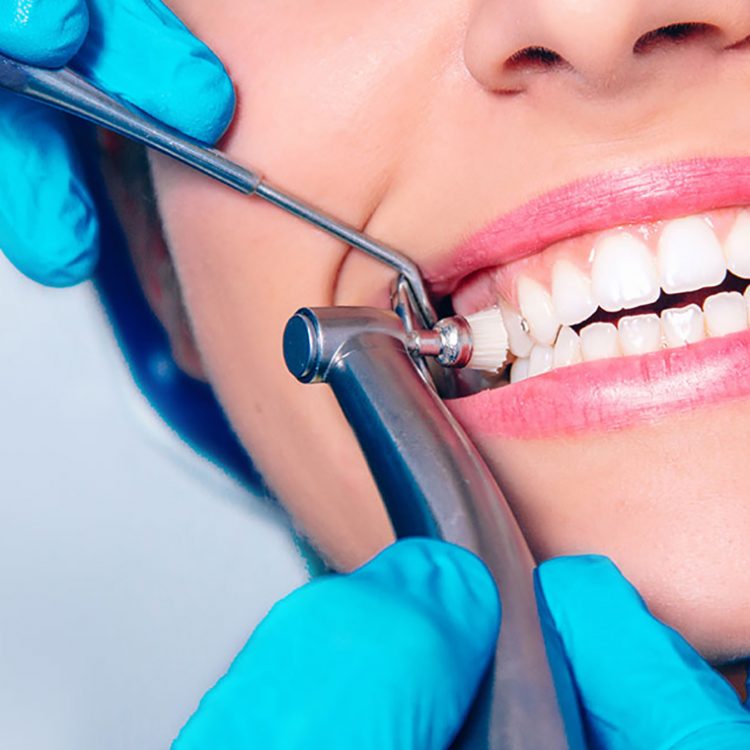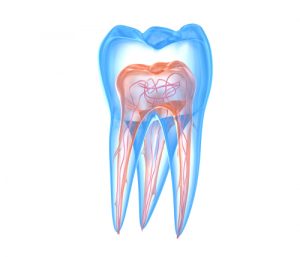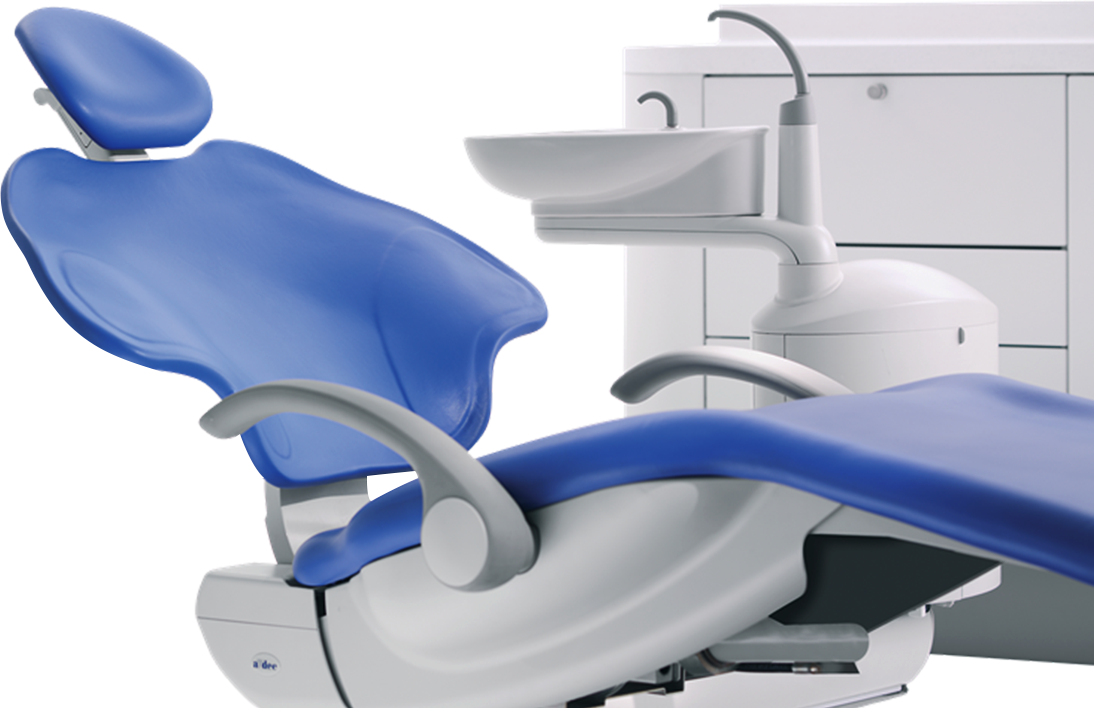Services
Your content goes here. Edit or remove this text inline or in the module Content settings. You can also style every aspect of this content in the module Design settings and even apply custom CSS to this text in the module Advanced settings.
General Dentistry
 The practice of general dentistry encompasses an amazing array of services and procedures, all with a common goal: to help you to preserve your natural teeth as long as possible, ensure your oral health, and keep you looking and feeling great throughout life.
The practice of general dentistry encompasses an amazing array of services and procedures, all with a common goal: to help you to preserve your natural teeth as long as possible, ensure your oral health, and keep you looking and feeling great throughout life.
Oral health is an essential component of general health. In fact, medical research has revealed links between common oral infections and serious general health conditions including cardiovascular disease. It is therefore of the utmost importance to maintain the health of your teeth, gums, and other oral tissues.
All practicing dentists complete a four-year dental school program and then take a rigorous exam to become licensed to practice in a particular state. Dentists then periodically take continuing education courses to stay abreast of new research and technology.
General Dentistry Procedures
Modern dentistry offers a wide range of services to make sure your teeth stay healthy, function well and look great. These procedures include:
- Cleanings & Oral Exams, to keep your teeth and gums healthy, and catch early signs of dental disease
- Crowns & Bridgework, to replace lost tooth structure and/or missing teeth
- Dental Implants, for replacement teeth that last forever
- Extractions, to remove unhealthy teeth that cannot be saved
- Fillings, to restore decayed teeth
- Oral Cancer Screenings, to detect a dangerous disease that can be cured if caught early
- Orthodontics, to give you the straight teeth you’ve always wanted
- Removable Dentures, to help you smile again
- Root Canal Treatment, to rescue diseased teeth
- Sealants, to help prevent cavities
- TMD Treatment, for pain in the jaw area that can interfere with biting and chewing
- Tooth Decay Prevention, so you keep your natural teeth as long as possible
Implants
![]() A dental implant is used to support one or more false teeth. It is a titanium screw that can replace the root of a tooth when it fails. Just like a tooth root, it is placed into the jawbone.
A dental implant is used to support one or more false teeth. It is a titanium screw that can replace the root of a tooth when it fails. Just like a tooth root, it is placed into the jawbone.
Implants are a safe, well-established treatment. It’s probably true to say that implants, much like natural teeth, will last for as long as you care for them.
How well you look after your implants – and whether you go for your regular maintenance appointments – will have the biggest impact on how long they will last.
If you don’t look after your implants they will develop a coating similar to what you get on neglected natural teeth. Left untreated, this can lead to gum infection, bleeding, soreness and general discomfort. You could get all these problems with natural teeth.
If your implants are well looked after, and if the bone they are fitted to is strong and healthy, you can expect them to last for many years. However, just as with other surgical implants (such as a hip replacement) there is no lifetime guarantee.
I have some of my own teeth. Can I still have implants?
Yes. You can have any number of teeth replaced with implants – from one single tooth to a complete set.
Orthodontic
With an orthodontic treatment we improve the functionality and aesthetics of your smile. There is a wide variety of orthodontic treatments, from traditional metal brackets to virtually invisible appliances that can be removed and put on. For that reason, any age is good for an orthodontics. Teeth in bad position are not only aesthetic, but can also lead to hygiene problems or poor mandibular placement. It is important that children between 7 and 9 years visit the orthodontist to check the growth of their teeth. In this way, any alteration can be prevented and treated in time.
What is orthodontics?
Orthodontics is the specialty of dentistry dedicated to treating dental malposition caused by both dental and facial irregularities. An orthodontic treatment helps you improve the functionality and aesthetics of the mouth and face when the teeth are badly placed: crowded or separated, when there is malocclusion … Also when you cannot properly close the mouth, when you have a dental or facial malformation Or, simply, when you don’t like your smile.

Endodontic
It is also known as root canal treatment, it refers to a procedure highly used by dental specialists to remove a part or sometimes completely damaged dental pulp. The pulp is a connective tissue, located in the central part of the teeth, just where the blood vessels that feed the nerves are concentrated.
It does not take much time to perform it, the procedure consists of the following steps:
A panoramic radiograph is taken to be able to know with certainty the degree of involvement of the dental pulp.
The affected area (local) is anesthetized to reduce pain.
The procedure for cleaning the pulp and nerve channels is performed.
It is sealed with thermoplastic materials that prevent the passage of germs.
If it is necessary to place an artificial crown, fiberglass bolts are placed in such a way that they give resistance to our piece.
Once hardened, prepare to place a crown made to measure the shape and color of your natural teeth.
With this the pain is eliminated, you do not lose your tooth and preserve the appearance of your teeth.

Endodontics benefits
- Save the tooth
- Cure the infection avoiding pain
- Not painful
- It is compatible with the body
- Preserve your smile and your health
Maxillofacial
Maxillofacial surgery, also known as orthognathic surgery, is a dental specialty whose function is to prevent, diagnose and treat diseases related to the anatomical structure of the face, jaws, teeth and oral cavity.
This surgery maintains a great relationship with orthodontics. It is done to correct aesthetic or functional problems caused by skeletal imperfections. It is necessary when orthodontic treatments (brackets) cannot solve cases of malocclusion (when the teeth are not properly positioned or both arches do not fit correctly).
Obtaining a good occlusion stability (alignment of the teeth) in order to have an optimal oral or facial functionality is the objective of this operation.
Some cases in which surgery of this type has to be intervened, whether of genetic origin or for injuries caused by an accident are:
- Mouth infections
- Malformations in the jaw.
- Implant placement.
- Facial trauma, among others.
- Having difficulties chewing food.
- Trouble swallowing
- Pain when speaking
- Pain in the jaw joints.
- Deviated chin
- Trouble breathing while you sleep.
Services
General Dentistry
Implants
Orthodontic
Endodontic
Maxillofacial
Contact Us
Send us your questions or comments to find out what traeatment you may need.
USA 1 (760) 890 4702 | MEX 011 (52) 553 5312
appointments@dentalcastillo.com

Ave. Francisco I. Madero 609,
Nueva, 21100 Mexicali, B.C.
Main Navigation
Services
General Dentistry
Implants
Orthodontic
Endodontic
Maxillofacial
Dental Castillo 2019 | Notice of Privacy



